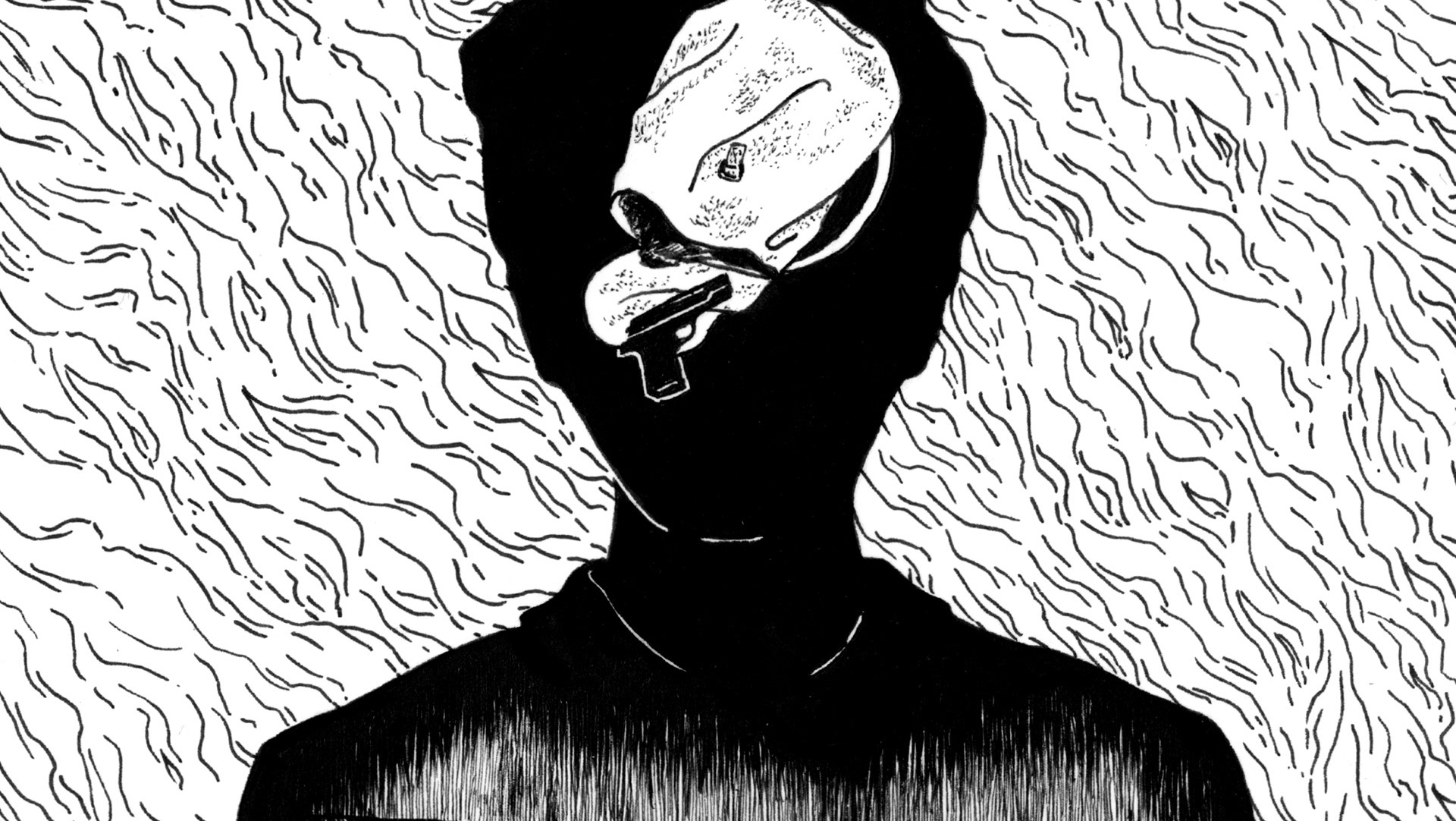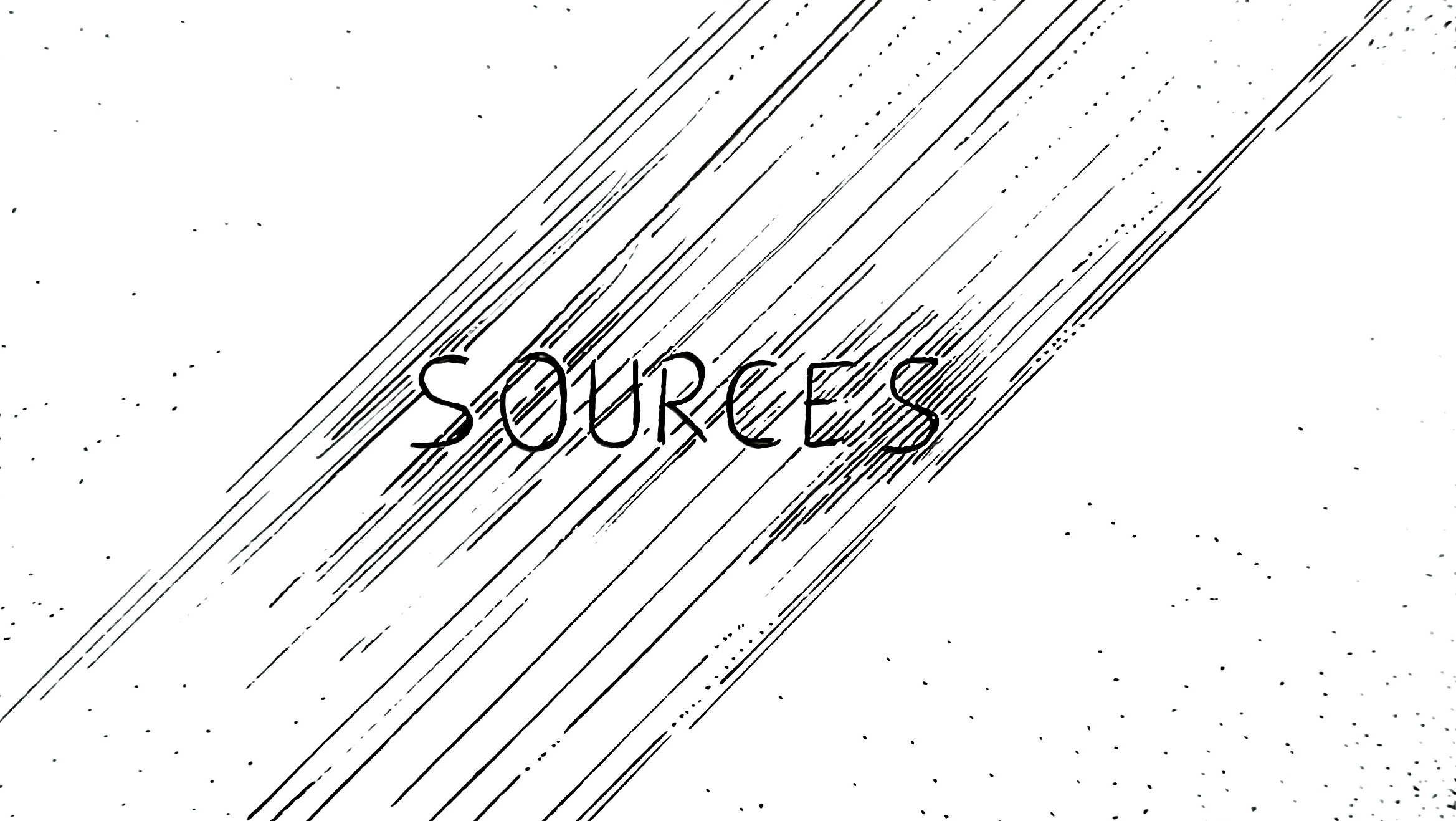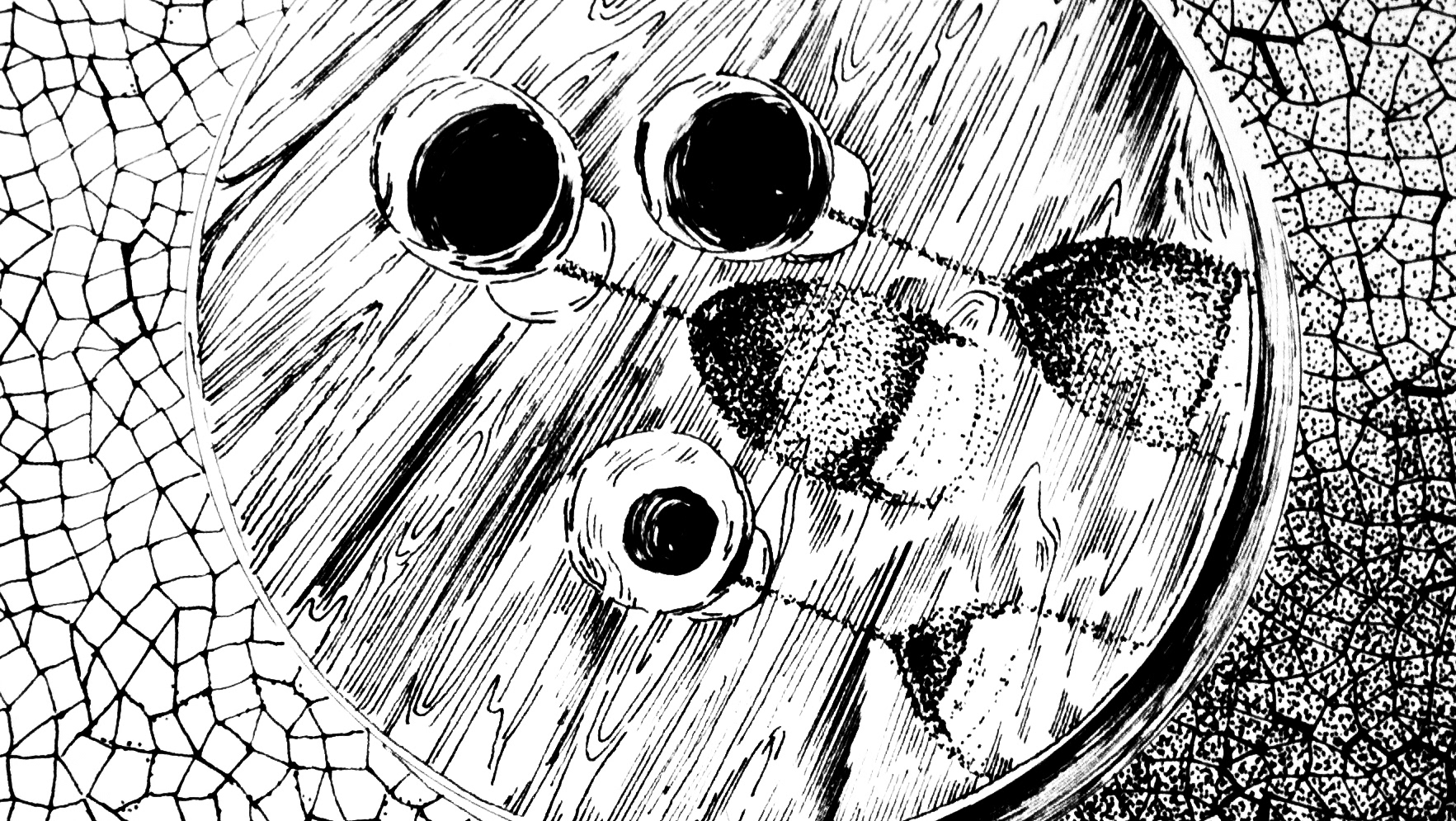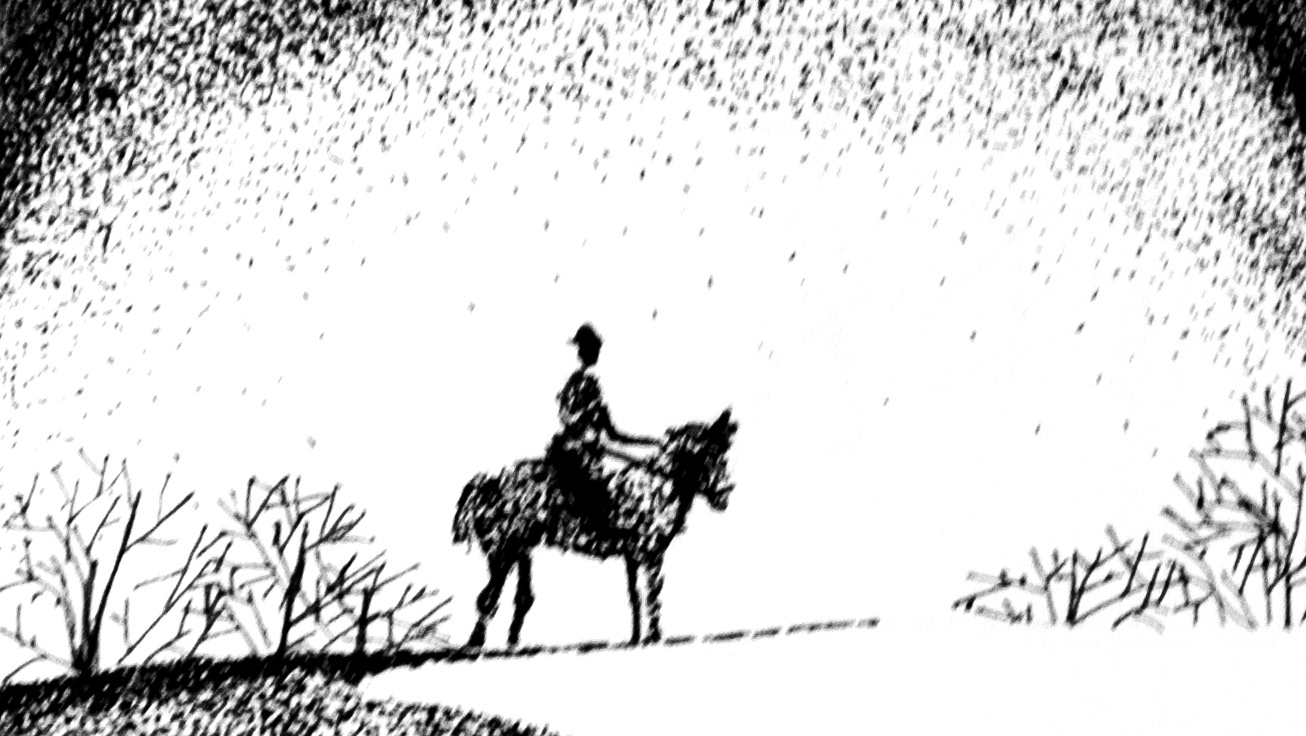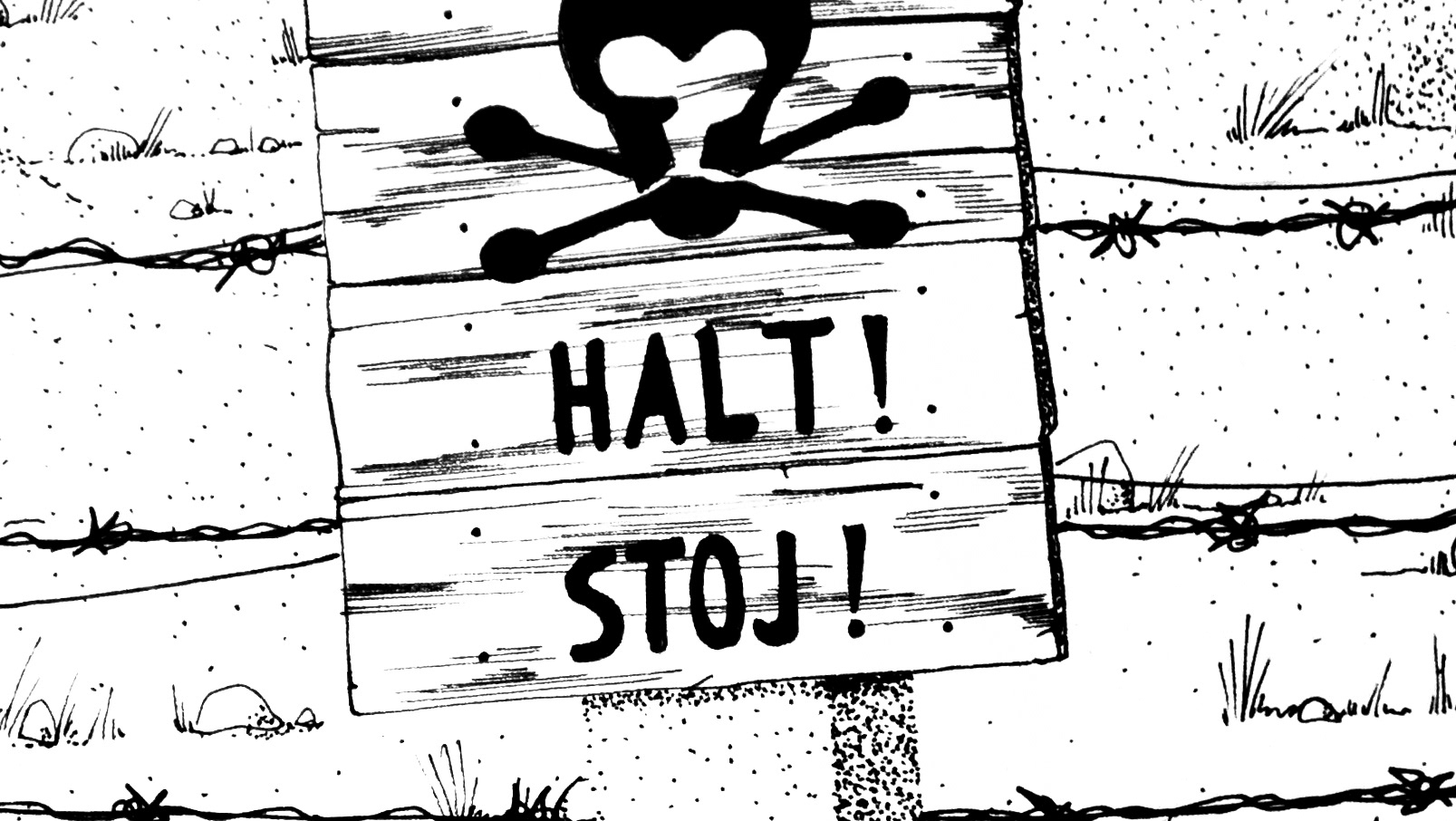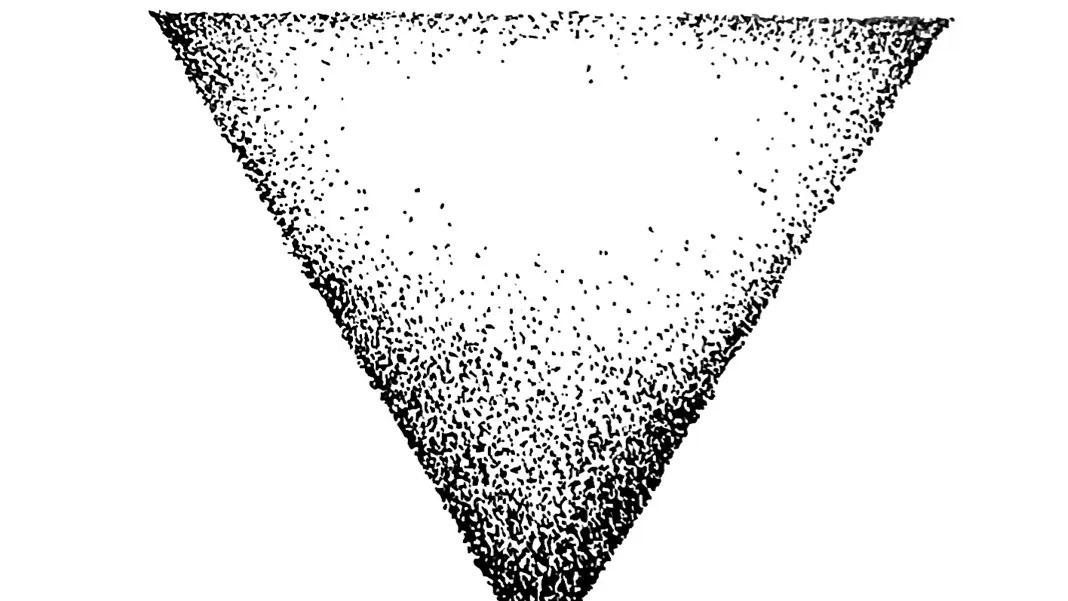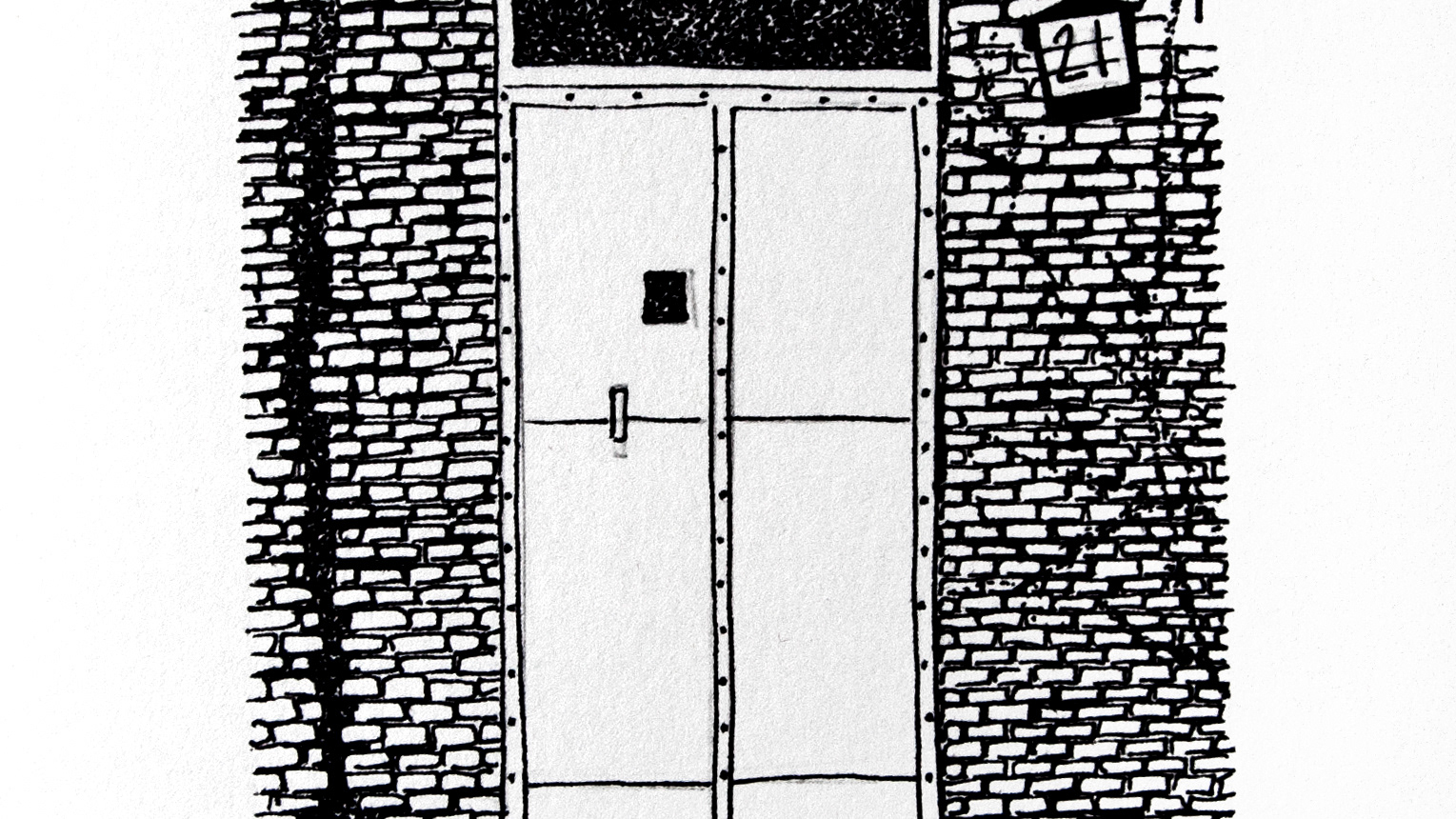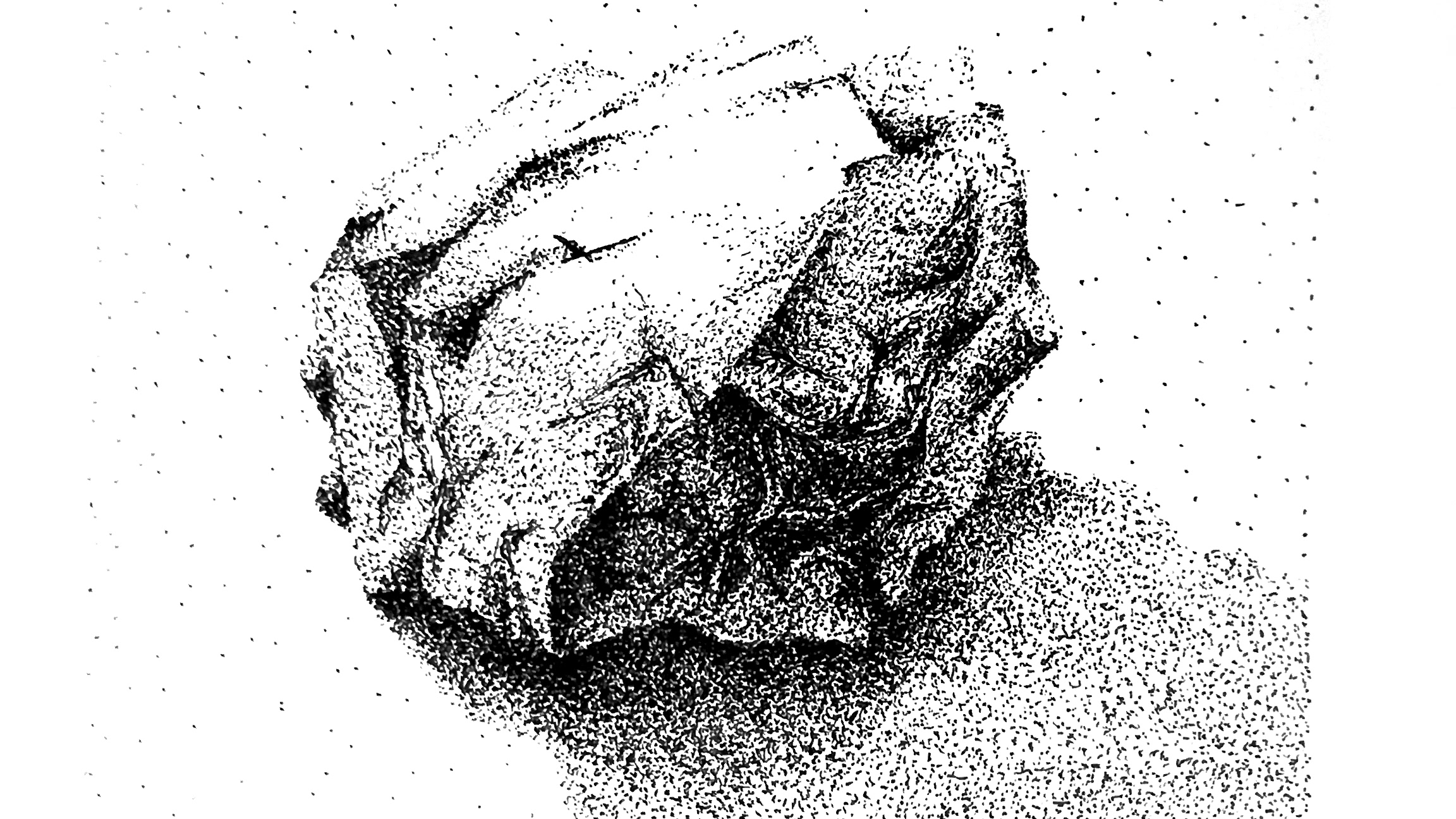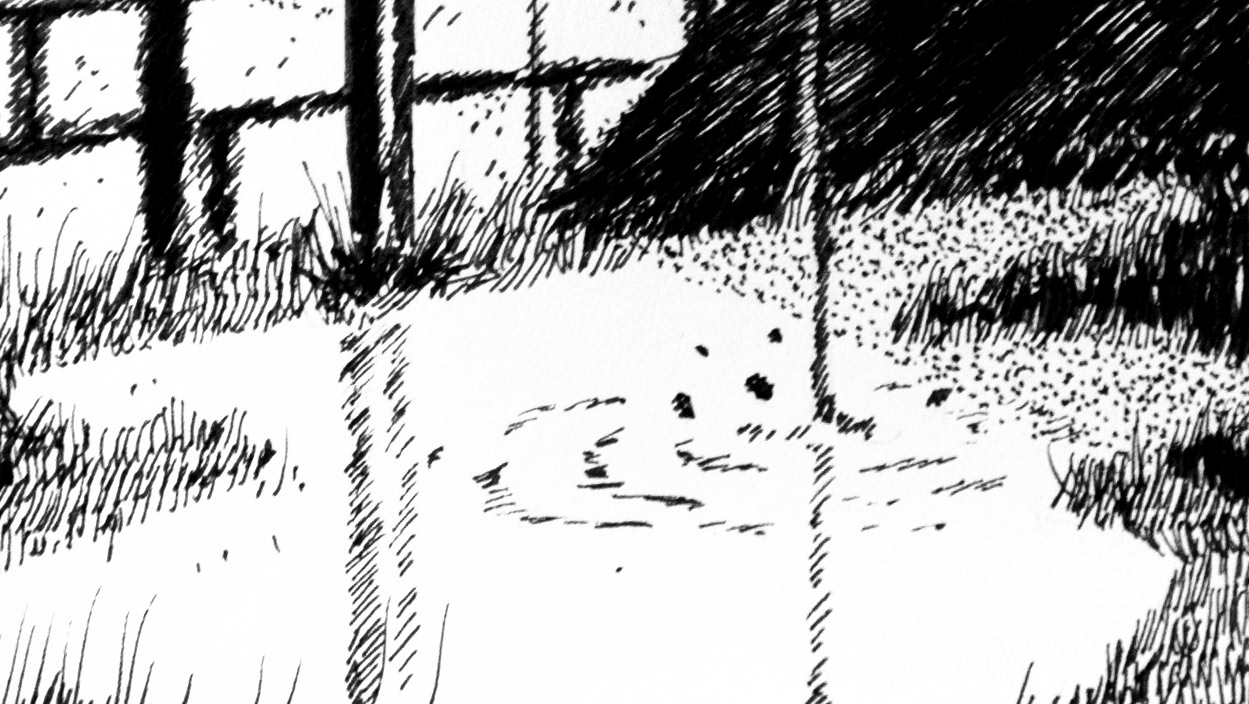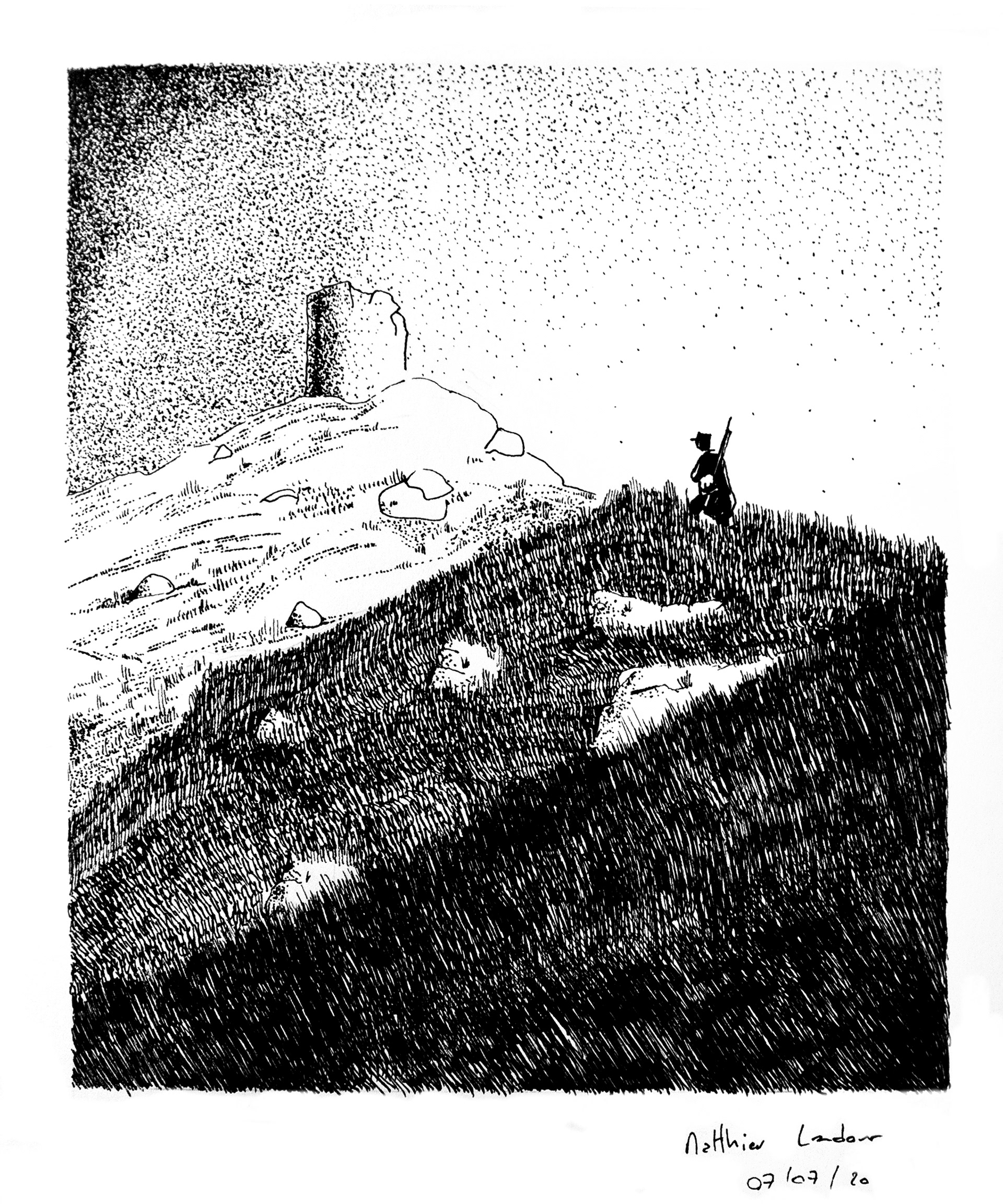
deserter
Ferdinand wanted to see the world. He didn't have much ressources to travel, so he did the next best thing.
The army.
He joined the french navy at 18 and went to Saigon in 1908. The problem with the army is that you have to obey orders, and that's not something Ferdinand was keen on, he was much more keen on the travelling part. So when he received an order, Ferdinand would refuse, he would not obey, he would insult if he felt like it. And the army would put him on trial.
In 1911, he went from the navy to the terrestrial army in Corsica. And when he received new orders, rather than insulting his officer, Ferdinand decided to become a deserter. Deserting was a bit like hiking, and he enjoyed hiking. He hiked for 160 kilometers, until he finally got arrested, and put on trial again.
In 1912, he went to Algiers. Another trial for Ferdinand, he truly wasn't a man for orders, and the army wasn't a travel agency either.
The first world war started, Ferdinand was not going to fight on top of obeying, so he spent most of his time in an algerian military prison. And as the war ended, the military gave up on Ferdinand, maybe it realised it was time to stop funding his foreign adventures.
Today is... days are already so hard to track in Auschwitz and Birkenau. It's been days for sure, weeks probably. Maybe today is still a day in July 1942.
The first few days were terrifying. They wanted the 45000 to learn to obey, and there was no trial if you didn't, only painful beatings or murder. The "education", as they called it, lasted a few days, and some 45000 disappeared in silence. David Badache saw Levillon's murder, Doctor Pecker got beaten so much that he was brought to the infirmary, the revier. Coutelas, Lefebvre, Fletcher, they quickly joined Doctor Pecker at the Revier, after all, the infirmary should be a safe place.
As for Thiault, even in such a camp, even if this would have avoided him serious injuries, he couldn't still possibly obey any order.
There is no one to have a long conversation with in Birkenau, nothing to discover. For the past days, weeks maybe, Ferdinand didn't have the opportunity to talk much. There were many different nationalities in the camp, and Ferdinand knew how to speak 7 different languages. He may not have enjoyed orders, yet he enjoyed people, talking to them, talking to anyone really. But there was no conversation to have in this place. .
The SS asked questions about the 45000's previous jobs, so they could put them in different sections, either back at Birkenau or still in Auschwitz, and work on different jobs. Ferdinand doesn't remember what he answered, he doesn't remember if he is still in Birkenau or someplace else. He only remembers he got beaten, because he refused to follow the orders.
He's tired.
At night he sleeps on the lower level of a 2 level barack, he's already too tired to climb and reach the bunk bed. He's surrounded by polish and german prisoners, the 45000 have been scattered, he doesn't quite remember how it happened. Separated, the 45000 are not a force anymore, they are just individuals, like everyone else.
There is so little to eat, and barely any water. Everywhere is dusty, dirty, you can't take showers, there are no showers. As a result, dysentery is a common disease here, and Ferdinand might have caught it.
Time works differently here, it's probably still July, but Ferdinand isn't sure. Ferdinand is forgetting so much so quickly, time, his past. This is a place where you forget, where your life slips away. It's unlikely he'll survive many more days.
Notes
Thank you very much for listening to this episode of 3100045000, the story of two trains of members of the resistance to Auschwitz-Birkenau. My name is Matthieu Landour, and I have studied the biographies of all the 1175 passengers of the train of the 45000.
This episode is about the first days of the 45000 in Auschwitz and Birkenau. in the previous episode, the 45000 were in Birkenau. It only took a few days for the 45000 to be scattered between the 2 camps, depending on the skills of the men and the needs of the administration of the camp.
There is a lack of information as to whether some 45000 went to one camp or another. In the case of Ferdinand Thiault, the man I talked about in this episode, we simply don’t have the knowledge as to where he went. The register, called “death books from Auschwitz”, mentions that Ferdinand died on the 17th of September in Auschwitz, his death certificate mentions he died on the 29th of July. We should consider that the “death book register” is more reliable, although it is still fairly difficult to be sure about that date. Deaths were often marked on specific days, rather that every day, which is why many 45000 supposedly died on the same days, even though they died with days or weeks difference. the people who marked the deaths simply didn’t bother to do it every day.
Ferdinand Thiault was a surprising man, who spoke 7 different languages, travelled with the army and the marine in many different countries. For example , he travelled in Saigon.
Saigon, or Ho Chi Minh, back in 1910, was a french colony. It stopped being a colony in 1945, as the Viet Minh proclaimed the independence of Vietnam. A war ensued, dividing the country in 2 territories, involving at one point the US and the USSR, and ending 30 years later, on the 30th of April 1975.
Ferdinand also travelled to Corsica, an island south of France, not too far away from the coast, close to the city of Marseille. He also travelled in Algeria, which at the time was another french colony. A war ensued from 1954 to 1962, it eventually led to the independence of Algeria on the 5th of july 1962.
I am making the assumptions that Ferdinand enjoyed travelling, as he did travel a lot, yet it is an assumption. As for the military trials he went under, there are several records about those, I didn't invent those parts.
I had the chance to discuss with Armelle Jourdaine, a grand daughter of Ferdinand. She kindly told me about her grandfather and sent me documents about him. I Was lucky to get in touch with her.
My sources for this story are the book red triangles in Auschwitz, by Claudine Cardon Hamet, the website deportes-politiques-auschwitz.fr, memoire vive and the foundation for the memory of deportation website and the fantastic website auschwitz.org .
This is it for today, the next episode will be about Georges Thorez, a boatman.
